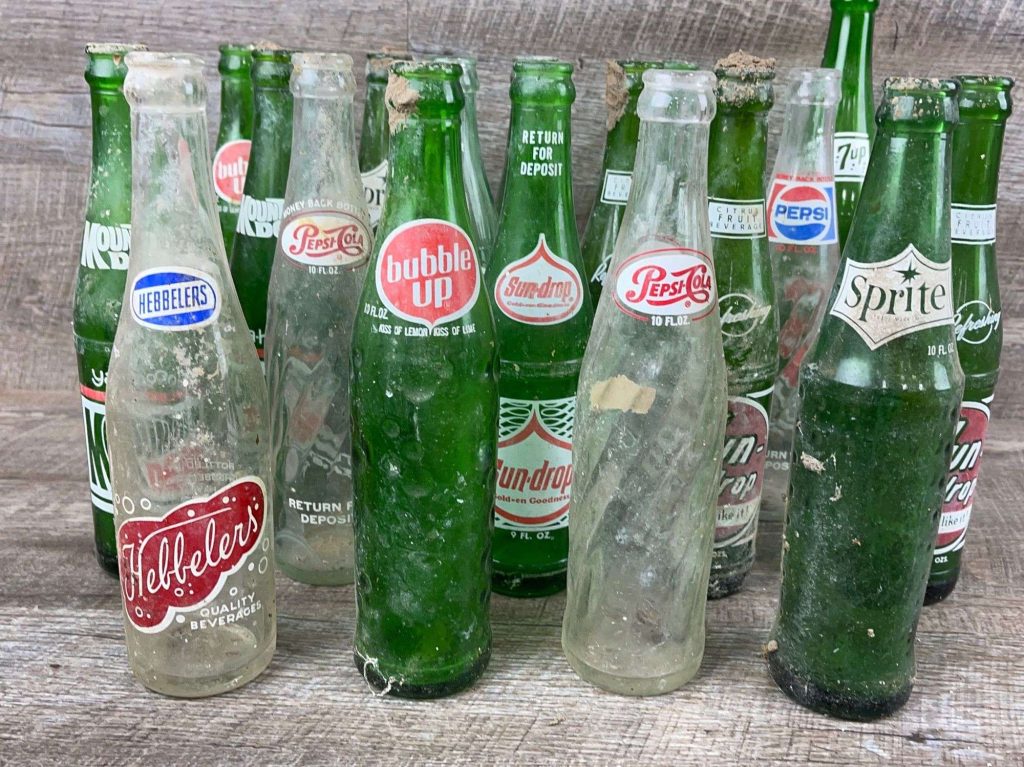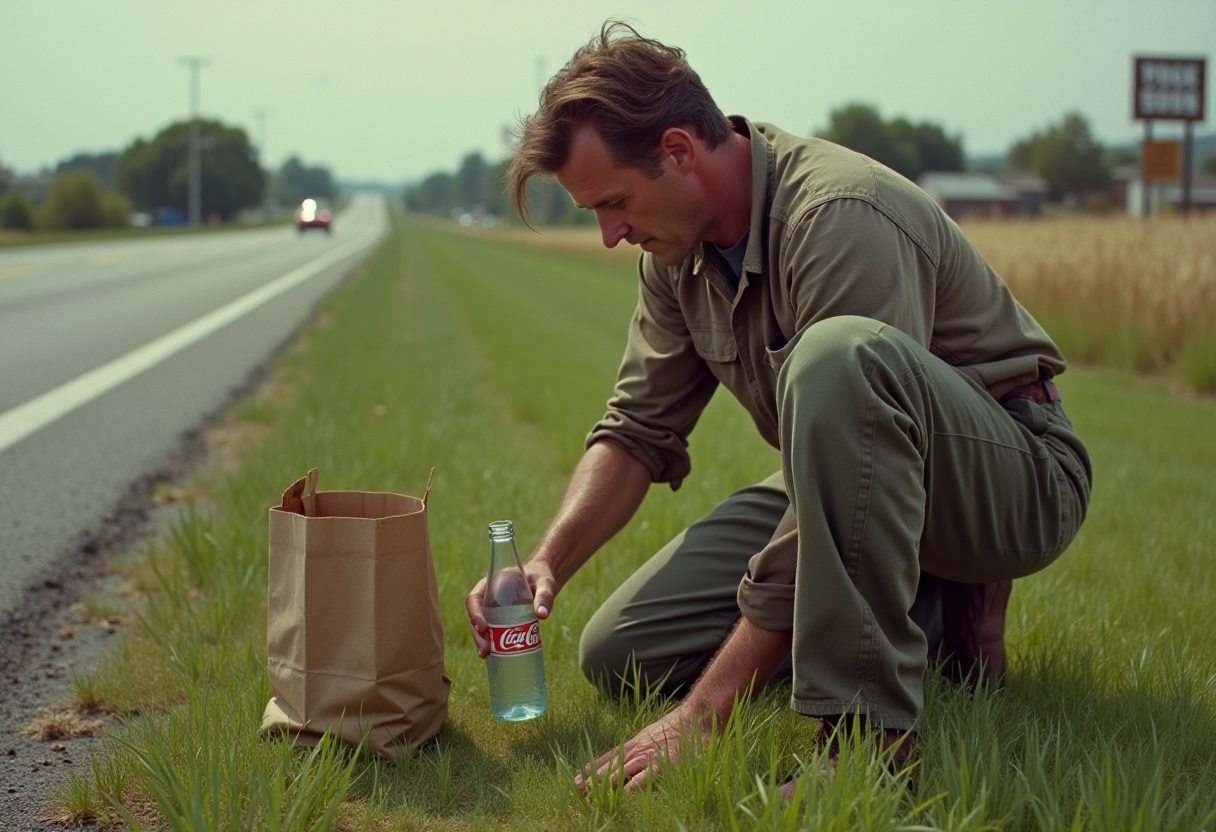Faithfulness in Small Things: The Parable of the Talents Revisited
His master replied, ‘Well done, good and faithful servant! You have been faithful with a few things; I will put you in charge of many things. Come and share your master’s happiness. Matthew 26:21
One of the most vivid frustrations of teaching—something that still sticks with me even after retiring—was seeing perfectly capable students just sitting there, doing nothing. I’m not talking about the students glued to their phones, deep in conversation, or sneaking in an extra nap. No, the ones I remember most are those who just occupied space, filling the room without really being present.

Swallowed Up by the Nothing
When I think about those students, a scene from The NeverEnding Story comes to mind. Rockbiter, a massive stone creature, describes “The Nothing” that devoured everything he knew: “No, a hole would be something… Nah, it was nothing. And it got bigger and bigger.” That kind of emptiness came to mind as I wondered if those students were being swallowed up by their own “Nothing.”
At least the students who avoided work were still engaged in something. I can’t help but smile now, thinking about the restless ones who could never sit still or the talkative ones who, while off-task, brought life to the room. Some of those kids, who seemed like nothing but a handful at the time, probably went on to do quite well. Some of the best tech entrepreneurs started out as kids who couldn’t keep their hands off gadgets, and some of those talkative students probably became great teachers, counselors, or sales reps.
But those who did nothing—those students were always a concern. The more I reflect, the more I realize that it’s not just students who struggle with this kind of inertia. Many adults, too, go through the motions of life without investing in their talents or pursuing their purpose. It’s as if that same “Nothing” has crept into their lives, leaving them perfectly capable yet unmotivated.

It reminds me of a parable from the Bible that I didn’t fully appreciate until later in life. Jesus tells the story of a master who gives each of his servants a different number of talents, or coins. Two of them take what they’re given, invest it, and make more. But one servant, afraid of losing his single talent, buries it in the ground. When the master returns, he praises the two who made the most of their gifts. But the one who buried his talent? He’s sent away empty-handed—not because he failed, but because he did nothing.
A Call to Action
This parable speaks to more than just money; it’s a call to action, a reminder to use what we’re given, big or small. As I think back on my students—and on society at large—I realize that ability without action leads nowhere. I often wondered what the future would hold for those who let time pass without engaging in life’s opportunities.
In contrast, my father modeled an entirely different approach. My dad worked as an electrician, and I remember a time during slow periods when his employer didn’t have any work lined up, so there was technically no reason for him to go to work. Yet, rather than sit idle, he’d get up, put on his work clothes, and head out for most of the day.
I still remember him coming home with his hands dirty, carrying paper sacks that rattled with empty soda bottles he’d found along roadsides littered with trash. Mostly Coke, Pepsi, and Dr. Pepper bottles, but also ones from now-forgotten brands like Nehi and Frosty’s Root Beer.
Back then, empty bottles could be returned to the store for a small deposit—usually just a nickel or dime a bottle. His efforts never amounted to much, maybe three or four dollars for a day’s work, but my dad didn’t mind. He walked miles along dusty, trash-strewn roadsides, picking up discarded bottles, scrubbing off dried mud and grime, and returning them to the store for whatever small reward they offered. He didn’t earn a fortune, but he never sat around waiting for something to happen. Instead, he did what he knew to do—and that simple, determined effort left a lasting impression on me.

He never put it into words, but I see the lesson clearly now: When you don’t know what to do, do what you know to do. Like those faithful servants in the parable, he made the most of what he had. And I believe that dignity doesn’t come from big jobs or fancy titles; it comes from faithfully using whatever “talents” we’re given, however humble they might be.
Working in Quiet Persistence
As I look back on my years of teaching, I hope my students came away with that same lesson from me. In a world where it’s easy to fall into the habit of merely “occupying space,” I hope they learned the importance of taking action and using their gifts. We’re meant to do something with the time we’re given, even if it’s as small as gathering empty bottles from a muddy roadside. That’s the kind of legacy my father left—and the one I hope I left for my students, too.
Reflecting on my father’s quiet persistence, I see a truth that goes beyond the value of hard work. His life spoke to a deeper calling, one that mirrors our walk of faith. God doesn’t ask us for grand gestures or perfect achievements; He asks us to be faithful with what we have, to act on the opportunities we’re given, no matter how small they seem. In His hands, even the simplest efforts can bear fruit, just as my father’s small steps helped sustain our family.
Like the servants in the parable, we’re invited to trust that our contributions—whether teaching a lesson, sharing encouragement, or gathering bottles by the roadside—matter when they’re offered with a willing heart. We might never know the full impact, but we can rest assured that, in God’s economy, no sincere effort is wasted.







